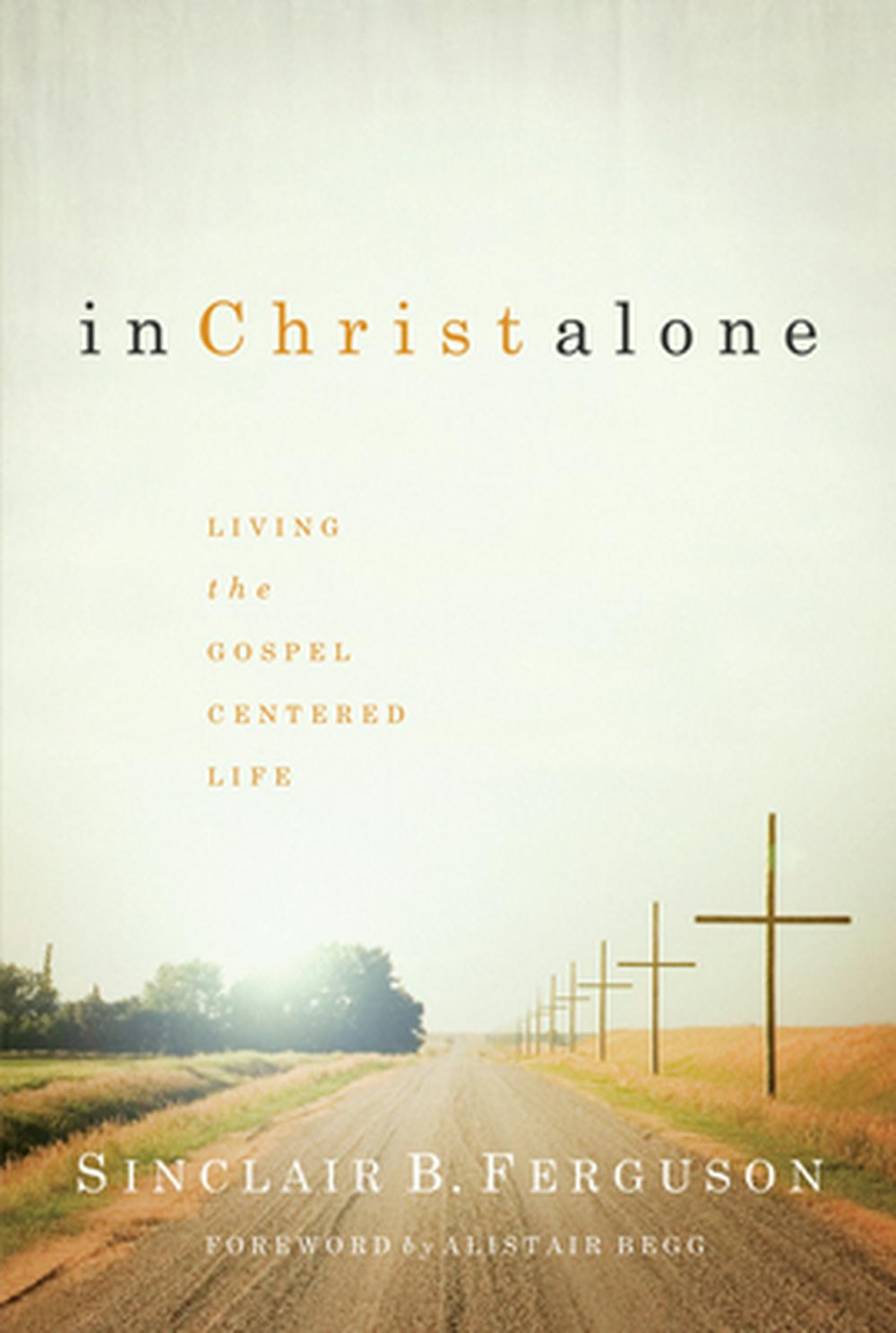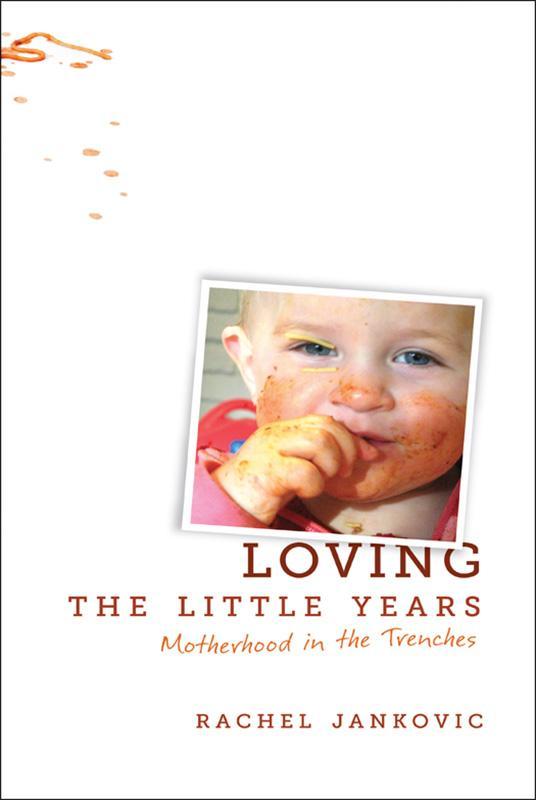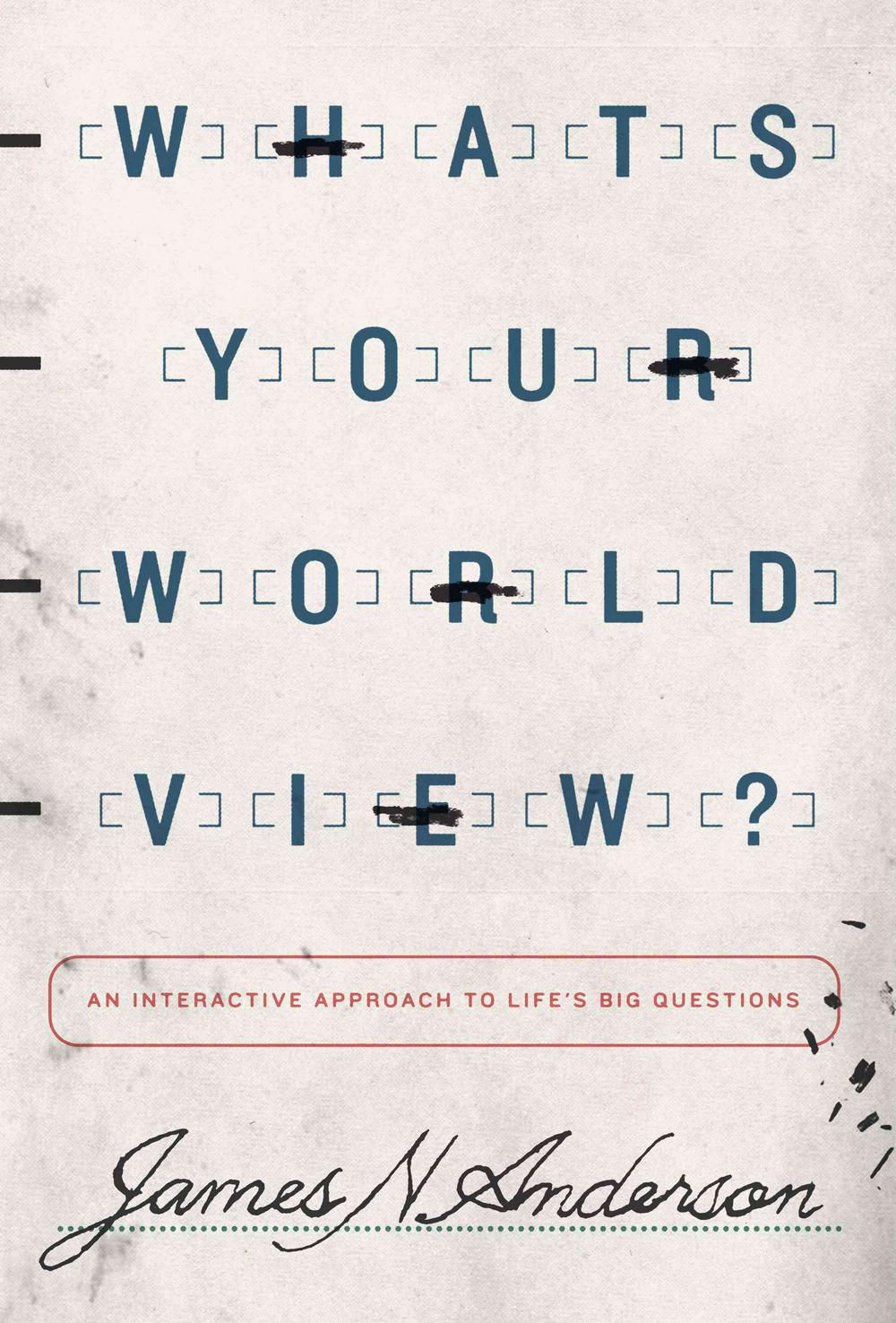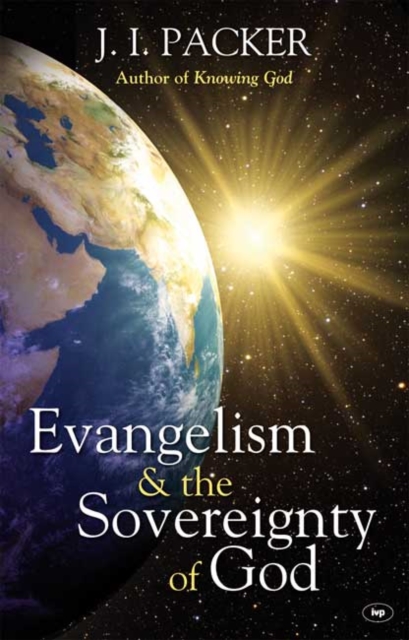In Christ Alone by Sinclair Ferguson
This book takes the top spot. It's written by a great theologian of our days, but it's accessible for any thoughtful Christian. Each chapter should be read as a unit, and as you do so, it will warm your heart by showing how great our Lord Jesus Christ is.
This little book is a gem. Written by a mother of 5(could be 6?), this book is full of Christian wisdom and honest words that will encourage any parents to remain faithful to God in all circumstances. For expecting mums and dads, this is highly recommended.
This book is fun and educational. Anderson has taken the task of analysing reader's worldview into a "choose your own adventure" form so you follow a trail littered with questions, flipping the book here and there. This novel approach makes the book fun to read, but also very useful in engaging reader and potential readers too. If you want to understand how different people think, this book is a good place to start.
I read this book some years ago, but it was great to return to it once again. With his usual concise-yet-weighty style, Packer explains the relationship between evangelism and the sovereignty of God. Reading this will encourages you to go out there and evangelise totally confident of and depending on God's saving power!
This book is probably not for someone who isn't trained in theology. Or, at least you would want to have a trained guide whom you can ask questions about. I was fortunate enough to have my MTS trainer, Mark Earngey as my "guide". Having said that, the book isn't difficult to read. The deep theology it handles is why you need to be careful about reading this. I can't say I understood everything, and there are certainly a few questions raised and unanswered by it, but I enjoyed the book overall.



















